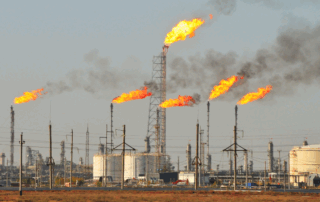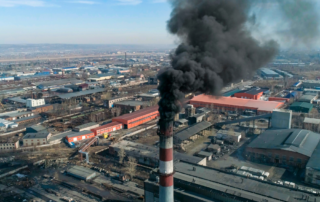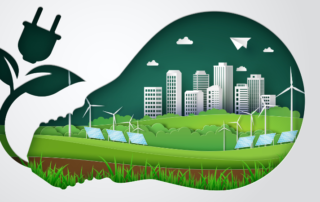Natural Gas Futures And Speculation In Energy Markets
Natural gas futures are pivotal in commercial energy retail pricing, particularly in deregulated markets where suppliers offer various fixed-price options. Understanding how speculative trading, hedging, and overall market outlook drive these futures markets is essential for energy buyers to manage cost risk and time supply contracts effectively.
LNG: The Role Of Liquified Natural Gas In The U.S. Energy Economy
As global demand for liquefied natural gas (LNG) rises, the United States has emerged as a key player in reshaping the global energy market. Understanding LNG’s growing role in domestic supply, pricing, and infrastructure is critical for businesses navigating today’s evolving energy landscape.
The Role of Natural Gas Peaking Plants in Advancing Renewable Energy Integration
Natural gas peaking plants play a crucial role in stabilizing the energy grid, especially as renewable energy sources become more prevalent. These facilities provide rapid, flexible power during peak demand, ensuring reliability while supporting the broader renewable energy transition.
Decarbonizing Your Energy Portfolio: Actionable Strategies for Businesses
Decarbonization is a critical strategy for businesses aiming to achieve sustainability, reduce emissions, and align with regulatory requirements. By implementing actionable carbon reduction strategies, companies can meet net-zero goals and remain competitive in the clean energy era.
Emissions Markets: What Are They And How Do They Work?
Emissions markets are innovative systems designed to reduce greenhouse gas emissions by assigning a cost to pollution. This blog explores how these markets operate, the mechanisms behind cap-and-trade and carbon credits, and their effectiveness in driving environmental sustainability and compliance with regulatory standards.
Energy Subsidies: What They Are And How Your Business Can Benefit
Energy subsidies play a crucial role in shaping the energy market by providing financial support to various forms of energy production and consumption. This article explores the different types of energy subsidies, their impacts on the economy and environment, and the ongoing debates surrounding their effectiveness and sustainability.





